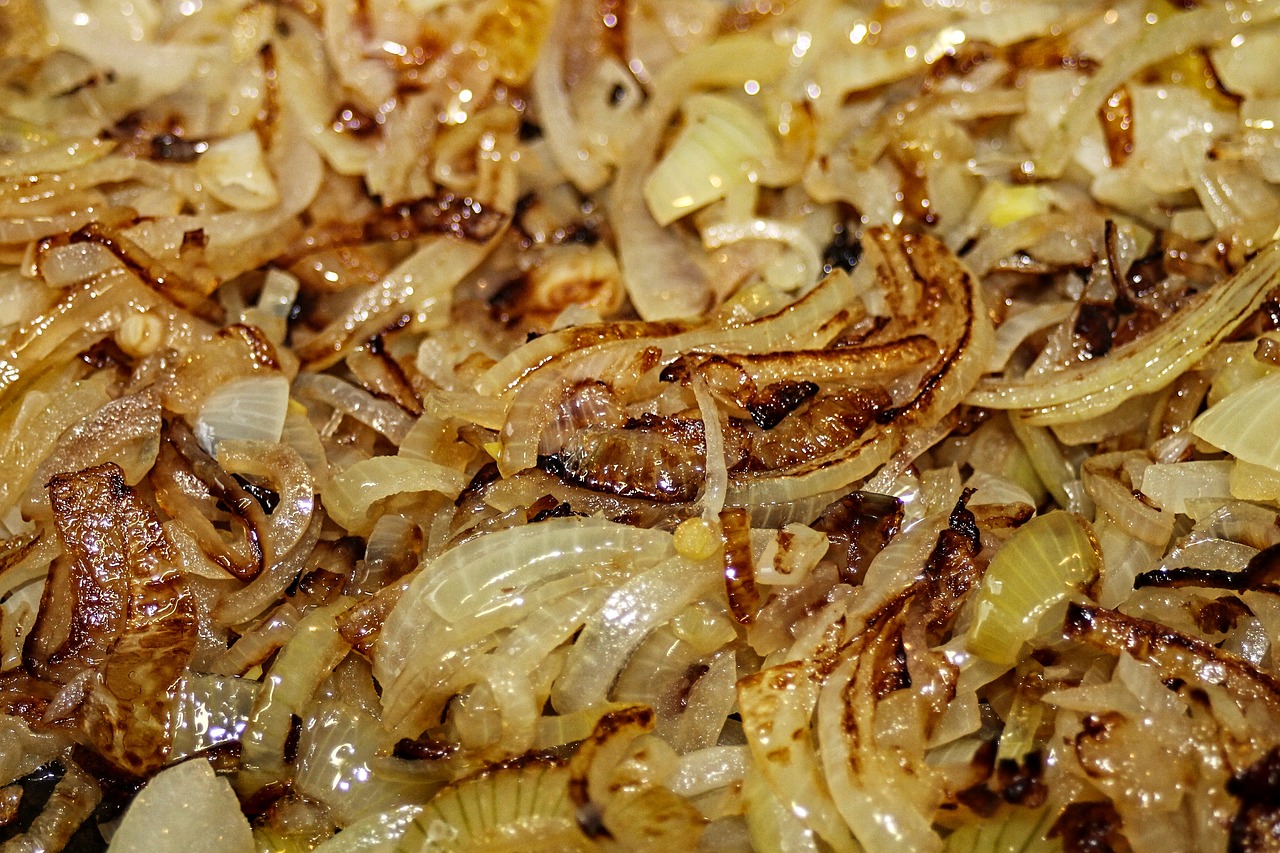Flatulence is another term for passing wind or farting. It is a normal bodily function and everyone does it. Some people may conceal it, but it’s normal to pass gas between 5-15 times per day.
Farting is often a source of amusement, particularly for young children. We often only notice flatulence when it smells, but this is also normal. Flatulence may become problematic if you feel it is excessive, if it smells very bad or it is otherwise interfering with your life.
What is flatulence?
When we eat, drink and swallow saliva, it’s normal to also swallow air. Gasses may also be produced inside the digestive system as food is broken down. This air needs to be expelled somehow, and this will often happen through burping or passing wind. If you have ever had trapped wind, you will know how uncomfortable it would be if this air had nowhere to go.
Certain foods may cause you to have more flatulence than others. This is true of foods that your body struggles to digest, so it will be different for everyone. If you are lactose intolerant, for example, eating dairy may cause stomach upset, flatulence and diarrhea. Farts tend to smell worse if your body is also releasing gasses like sulphur during digestion.
And finally, certain medical conditions and medications can cause flatulence. If you have noticed a change in the frequency you pass gas, you may wish to consult with your GP to find out if there is an underlying condition.
When does it become a problem?
Flatulence may become problematic if it is very smelly, uncomfortable, or it causes you embarrassment. Remember that it is normal to pass gas up to 15 times per day. Many people conceal this out of embarrassment, but it doesn’t mean that they aren’t also passing gas in private.
You might not notice you are farting if they don’t smell of anything, but this can change if your farts smell particularly bad. You might also notice an increase in the frequency.
What causes flatulence?
Flatulence is caused by swallowing air when you eat, the digestion process, or is the result of certain medications. The following are known to cause flatulence:
- Eating too quickly
- Chewing gum or sucking sweets
- Sedentary behaviour
- Wearing loose-fitting dentures
- Eating dried fruits, dairy products, legumes, seeds and certain vegetables
- Use of NSAIDs such as ibuprofen
- Taking some laxatives
- Use of antifungal medicines
- Taking statins
If you suspect your medication to be the cause, it’s important not to stop taking it. Consult your GP before you make any changes to your medication.
How can I reduce flatulence?
The first step is to identify the source of your flatulence. Speak to your GP if you are taking any medications as this could be the source of your flatulence.
Try keeping a food diary to learn which foods cause you trouble. If you are lactose intolerant, you may need to remove all dairy sources from your diet. There may be foods that cause more flatulence, such as onions or cabbage.
You should also try to eat and drink slowly to prevent yourself from swallowing excess air. Try to chew every bite 32 times to make sure you are breaking it down into small enough pieces. You could also try having 5 smaller meals throughout the day rather than 3 larger meals.
If you are worried about the smell, there are special pants and pads you can wear that will capture and neutralise the odour. Your pharmacist can also provide support. Medications such as charcoal tablets or simethicone can help to reduce flatulence.
Finally, make sure you are getting enough exercise. It might seem unrelated, but regular movement is essential for proper digestion.
Remember that regular flatulence is completely normal, but if you spot a change in the frequency or smell, don’t be afraid to seek help.

